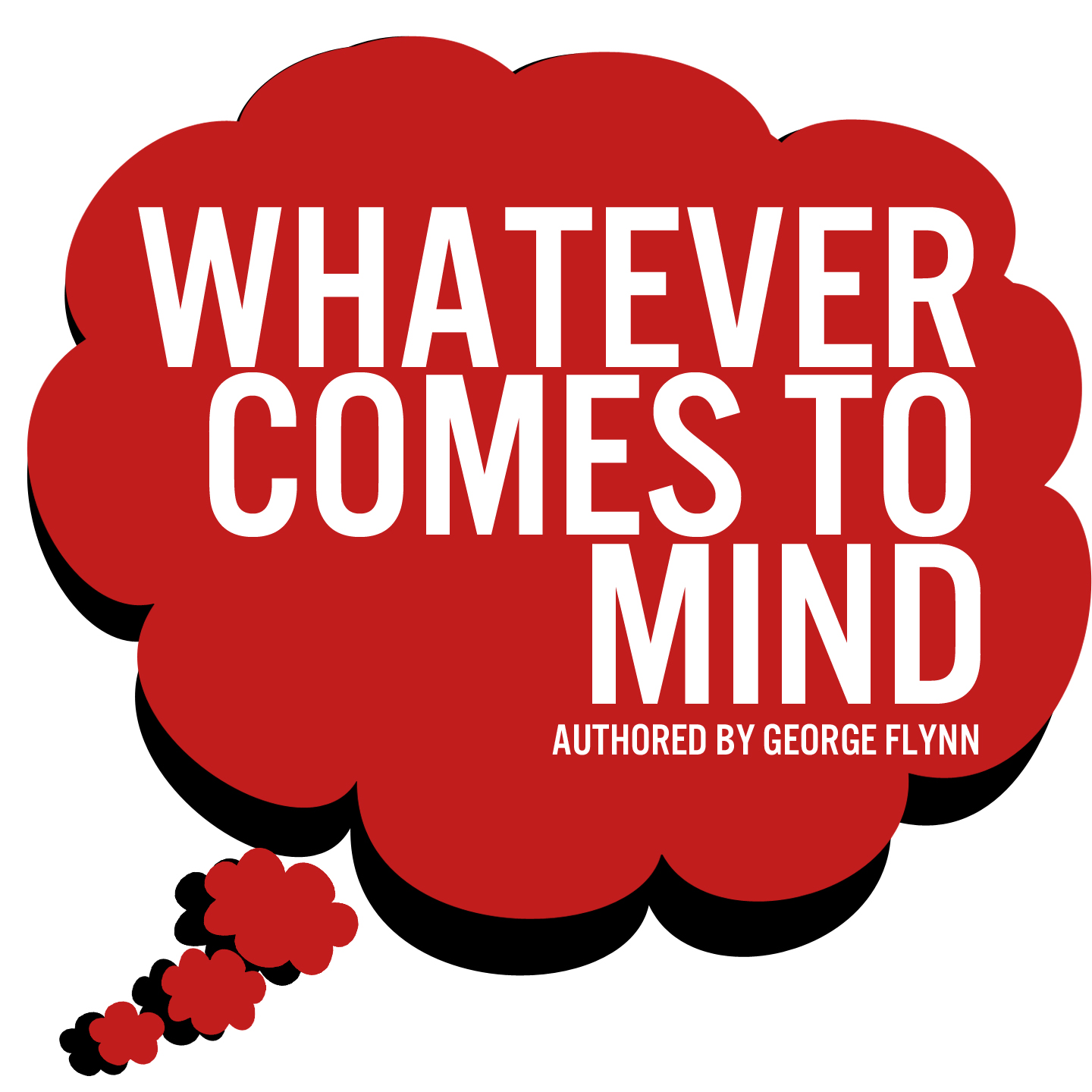
by Zachary Petroff | staff columnist
April 21, 2022
Every morning, the first thing I do after I shut my (fourth or fifth) alarm off is check my Facebook and purge my memories from the obnoxious posts of my youth. I, like most people, have used social media for a plethora of reasons, such as staying in touch with friends and family, advertising, self-promoting and feeding narcissistic tendencies.
Our need to stay connected and current has enriched the pockets of some less-than-ethical tech tycoons.
The polarizing richest man in the world, Elon Musk, is currently in the process of buying Twitter. The popular application has 206 million monetizable daily active users worldwide, according to Statistica.com. The platform has been the main social media network used by some powerful political leaders including the Pope, former President Barack Obama and, before he was banned in 2021, former President Donald Trump.
I understand the necessity of these communication avenues, yet the horrors that come along with these unregulated major tycoons are worrisome.
Nothing about our lives is private, whether we consent to it or not – the hard truth is that we are, often unknowingly, giving our valuable, private information to these platforms, who in turn sell the data to the highest bidders.
Our private information is not the only thing at stake. Social media corporations like Twitter are operating with very little oversight, which has led to grave consequences, such as election meddling and false narrative spreading. Facebook was even cited by the U.N. as the prime cause of a 2017 genocide in Myanmar, where over 10,000 civilians were killed after becoming targets of the Myanmar military’s disinformation campaigns.
The same platforms (Facebook and Twitter) that were utilized to establish a democratic revolution online are the same ones that gave way to several atrocities. Social media platforms have become the internet. The future landscape of this mass communication is wide open, for better or for worse.
Musk is an active user of Twitter and has witnessed, first hand, the power that Twitter can wield. The billionaire “troll” has found himself in not only controversy and the loss of share value as a result of having minimal discretion, but also facing possible legal ramifications from the Securities and Exchange Commission (SEC) for his tweets.
The Tesla CEO has a cult-like following from a fanbase that views him as some sort of genius innovator that is “just telling it how it is.” They view him as a “relatable billionaire,” which is oxymoronic in itself. His endeavors and actual contributions are often romanticized to the point of exaggeration. His exploitative nature is twisted into a “pull yourself up from the bootstrap” narrative that both twists and omits the truth.
Musk, like his father, is an opportunist first and foremost. While there is much debate about his actual contribution to Tesla and the electric car industry, there is little to debate that he is a shrewd businessman who can capitalize on various opportunities. Musk truly is a visionary that has taken some major risks that have, ultimately, made him the wealthiest man in the world.
His vision for Twitter, however, may be more diabolical than we are anticipating. Musk does not care about freedom of speech; he is not a First Amendment champion that is looking to save Twitter from the leftist elite to give back to the people out of the goodness of his heart.
Musk, like many CEOs, is driven purely for his ability to extrapolate profit. Unblocking Trump and adding an “edit” option is not Musk’s endgame.
The endless amount of consumer data is Musk’s new mining conquest.
The world has watched, twice now, congressional hearings fall apart when it came to holding the tech world to any sort of accountability. Like with so many other issues, partisanship has muddied any sort of resolution to the unfettered ways of “big-tech” allowing these tycoons to “self-regulate.” These monopolies of the internet are not only clearly violating antitrust laws, but are illegally taking private user information and selling it to the highest bidder – despite who that bidder may be.
Nonetheless, it’s a sound investment on the part of Musk.
If I was a billionaire that constantly needed attention and was looking to exploit an unregulated market, I would also travel to space and buy Twitter. I could do this, knowing that most people will allow me to do whatever I want because this country worships rich people.



